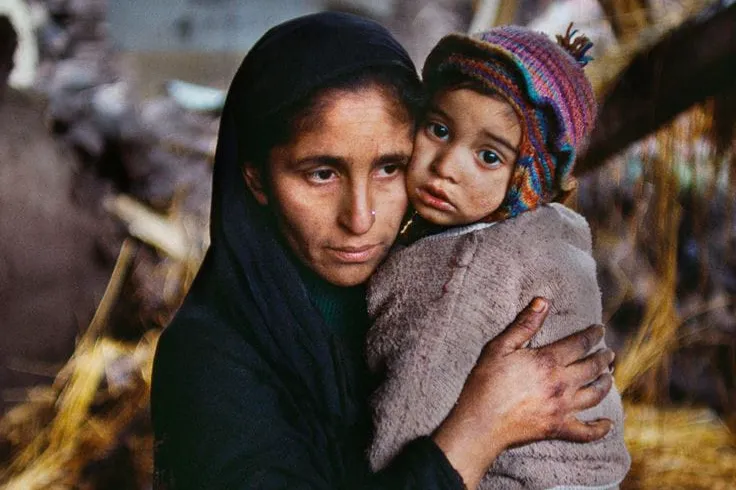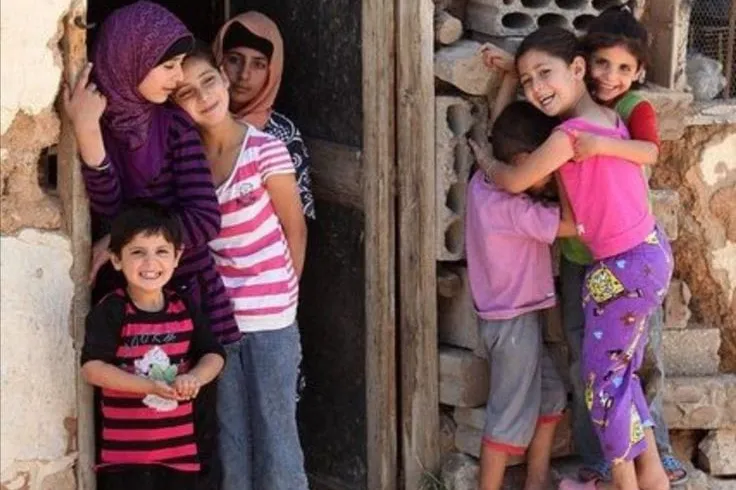شهر رمضان المبارك هو شهر الطاعات والبركات، وهو فرصة للمسلمين لتقريبهم أكثر إلى الله من خلال العبادة والطاعة. إنه شهر يحمل في طياته العديد من الفضائل والأجر العظيم، ولا ينبغي للمؤمن التفريط في استغلال كل لحظة منه للقرب من الله وتحقيق الأجر والثواب.
قال الله تعالى في القرآن الكريم: "شَهْرُ رَمَضَانَ الَّذِي أُنزِلَ فِيهِ الْقُرْآنُ هُدًى لِّلنَّاسِ وَبَيِّنَاتٍ مِّنَ الْهُدَىٰ وَالْفُرْقَانِ ۚ فَمَن شَهِدَ مِنكُمُ الشَّهْرَ فَلْيَصُمْهُ" (البقرة: 185).
سنستعرض لكم في هذا المقال جدول مخصص للعبادة في شهر رمضان
1. السحور:
يبدأ المسلم يومه بالسحور قبل صلاة الفجر، والأفضل أن يؤخر السحور إلى أقصى وقت ممكن من الليل.
2. الصلاة:
- يجب تحديد أوقات الصلوات الخمس والحرص على أدائها في ميعادها.
- الاستعداد للصلاة قبل موعدها بفترة للتأهب النفسي والروحي.
- الاجتهاد في القيام بالصلوات النافلة، مثل قيام الليل والتطوع.
- المحافظة على أذكار الصباح والمساء .
3. قراءة القرآن الكريم:
- تخصيص جزء من اليوم لقراءة القرآن الكريم، مع التفكير في تحديد عدد الصفحات أو الأجزاء المراد قراءتها يوميًا.
- الاجتهاد في فهم معاني القرآن وتدبرها والعمل بها.
4. الصدقة والزكاة:
- تخصيص جزء من الدخل للصدقة والتصدق على المحتاجين. أو توزيع الطعام على الصائمين والمحتاجين في المساجد والجمعيات الخيرية.
- حرص على دفع الزكاة للمستحقين قبل نهاية شهر رمضان.
5. الدعاء:
- الاستزادة من الدعاء في أوقات الفراغ وعند فتح الصوم وقبل الإفطار، وخلال الليالي الفضيلة كلها.
- التفكير في قضاء جزء من الليل في الدعاء والتضرع إلى الله.
6. العمل الخيري:
- المشاركة في الأعمال الخيرية والعمل التطوعي خلال شهر رمضان، مثل توزيع الطعام على الصائمين والمحتاجين.
7. الاعتكاف:
- التخطيط للمشاركة في الاعتكاف في العشر الأواخر من رمضان، والتفرغ للعبادة والاستغفار في تلك الأيام الفضيلة.
8. تقوى الله عز وجل في كل حال.
9. الحرص على أعمال الخير والإحسان، مثل صلة الرحم، وبر الوالدين، والكلمة الطيبة.
10. المداومة على كثرة الذكر والتوبة والاستغفار.
11.المحافظة على السنن بوجه عام مثل صلاة المسجد والسواك وغيرها.
12.تجنب الغيبة والنميمة ولهو الحديث وقطيعة الرحم.
باختصار، يجب على المسلمين استغلال شهر رمضان المبارك بشكل أمثل من خلال تحديد أولوياتهم الدينية وتنظيم جدول يومي للعبادة، مع الاهتمام بتطبيق تعاليم الإسلام والسير على خطى النبي محمد صلى الله عليه وسلم في هذا الشهر الفضيل.











-white.svg)